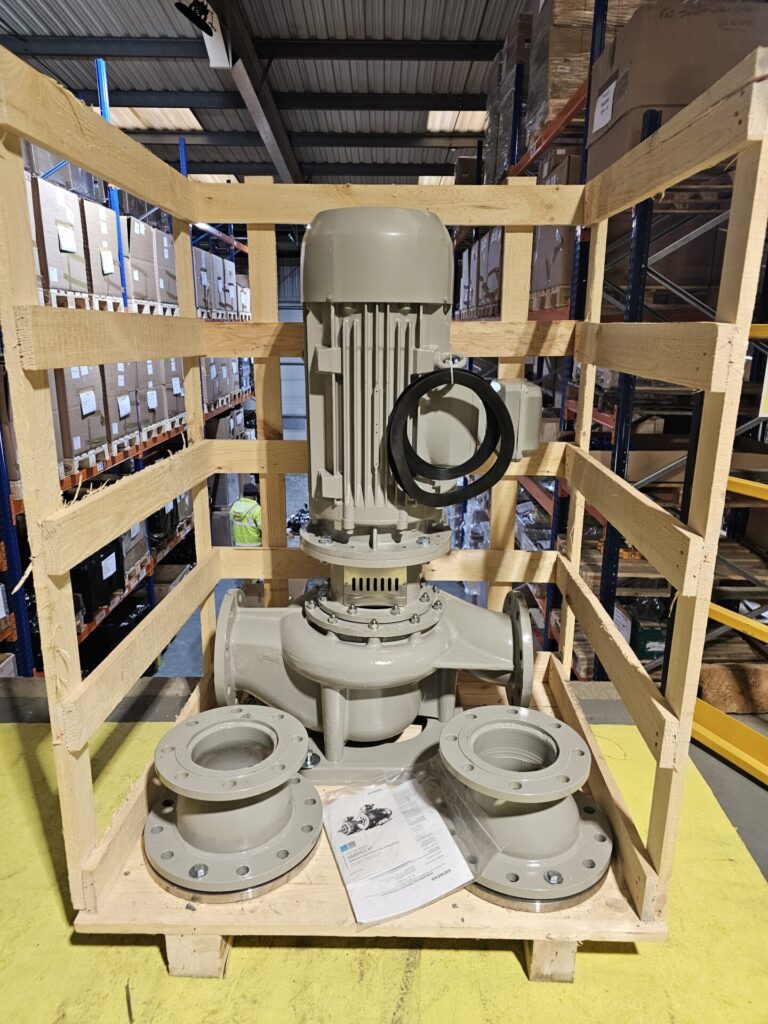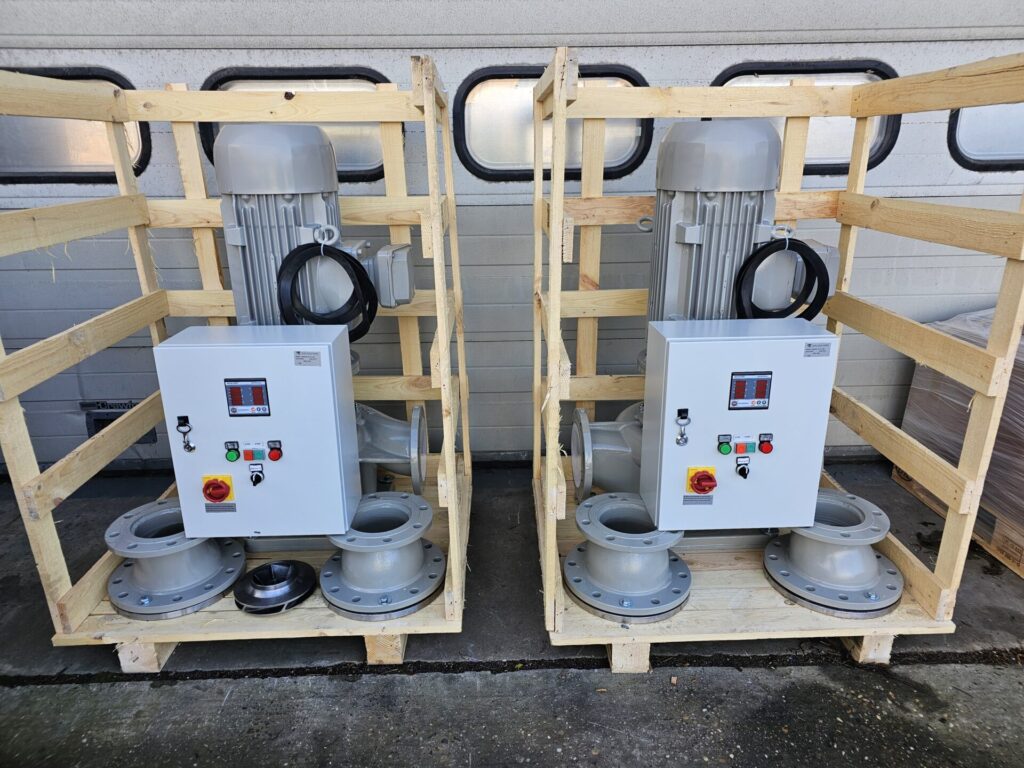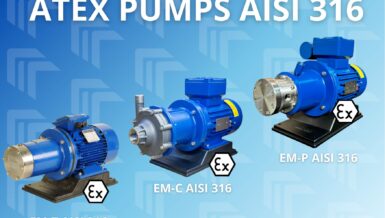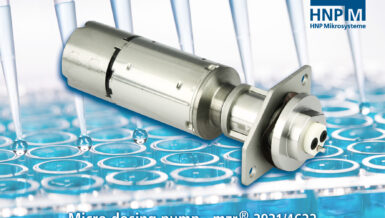In our latest project, we delve into a compelling case study from the maritime realm. Tasked with the swift transfer of D2 diesel from cargo tanks to shore, our marine client faced a pressing challenge: discharge the entire fuel load within a tight 10-hour window. Moreover, they sought a pump solution capable of sustaining continuous operation for up to 14 hours, streamlining the loading and unloading process into a single, efficient visit.
We dissect this real-world scenario, uncovering the critical role of cargo pumps in optimizing marine logistics and meeting the demands of modern maritime operations.
Client Challenges
Facing constraints with their current setup, our client grappled with the challenge of integrating a new pump into existing 200mm pipework. Seamless connectivity was paramount, eliminating the need for extensive pipework modifications and bolstering reliability. Moreover, operating from Guyana, they emphasised their need for durability and ease of maintenance, acutely aware of the logistical hurdles in sourcing materials and parts in the region.
Navigating the complexities of marine logistics, selecting the right pump for cargo loading/offloading demands a meticulous approach:
Design: Space constraints aboard ships necessitate innovative solutions. For our client, whose vessel layout favoured vertical space over horizontal, a vertical inline pump emerged as the optimal choice, offering a compact footprint while maximizing efficiency.
Operation: Time is currency in the maritime world, where delays translate into costly demurrage charges. Our pumps were engineered for continuous, efficient operation, ensuring swift cargo discharge within tight timeframes, thus minimizing the risk of financial penalties for ship owners.
Safety: Handling flammable liquids like D2 Diesel demands utmost caution. Our ATEX-certified pumps and motors, coupled with anti-static measures, mitigate the risk of sparks and static electricity, ensuring safe transfer while adhering to stringent safety standards.

Our solution
We supplied two ATEX-certified VXEN vertical inline centrifugal pumps, equipped with Siemens IE3 ATEX Motors. This system delivered on the client’s requirements in several ways:
Low initial investment costs
Our vertical inline pumps had simplified piping arrangements and a smaller footprint, which served to simplify the installation process and reduce installation costs. Also the pump design chosen was one in which involved a simplified design of pump of centrifugal design, which was only possible due to the fuels low viscosity.
Ease of maintenance
The VXEN vertical inline centrifugal pump has a back pull-out design that allows the motor to be removed while the pump is still connected to the pipework. This reduces the downtime required for the pump to be serviced/maintained as internal parts are easily accessible without disconnection of the pump from pipework.
Operating times and efficiency
We were able to specify the pumps for a flow rate of just over 3000L/min, enabling the tank to be emptied in just over 6 hours – four hours ahead of their target time – reducing the likelihood of demurrage and ensuring their vessel usage was maximised. The Siemens IE3 ATEX motors were rated for continuous operation, exceeding the brief requirements for operation of up to 14 hours a day.
Profit margins
Inaccurate fuel transfer measurements can affect the client’s bottom line and one way this can be protected is through accurate metering. We supplied two oval gear metres with a 24v local display which were accurate to within 0.5%, thus enabling accurate measurement of amounts transferred. This ensured that the client could account and bill for all fuel transferred.
Adaptation to existing infrastructure
The pumps were supplied with counter flanges that transitioned from DN150 on the pumps to DN200mm. This matched the onsite pipework and ensured a seamless integration without the need for replacing any of the existing infrastructure. The counter flanges conformed to EN 1092-2 / PN 16 for steel and stainless-steel casings.
Compact design
The vertical centrifugal configuration of the pumps offered a compact footprint, with the motor affixed atop the pump, and straight-line alignment with the pipes at both inlet and outlet. This was crucial as horizontal space aboard the vessel was limited.
Durability
Our pumps were designed with durability in mind. The pump casing was made from ductile iron, enhancing the pump’s ability to withstand high pressures (up to 100m) without damage. In addition, the pumps had low NPSH requirements, reducing the risk of dips in performance, and of damage from cavitation and wear and tear. Both the centrifugal pump and motor had independent shafts for added robustness. This means that only the pump shaft would need to be replaced in the event of a breakdown, and if the motor should ever fail that one could be easily sourced locally on short lead times.
These diesel transfer pumps were also fitted with bronze wear rings which help to maintain operational clearances and efficient operation, while simultaneously protecting the impeller and the main pump casing from wear. Additionally, a lantern bracket was installed between the pump and the motor, creating a space to protect the motor from fluid ingress in the case of a seal failure. These features all served to prolong the overall life of the pump and reduce the costs associated with repairs and downtime.
Safety
Both the VNEX vertical inline pump and the Siemens IE3 motor were ATEX certified, being safe for use in explosive environments and the handling of flammable liquids. Anti-static paint was used on the pump and motor to prevent sparks and the build-up of static electricity inside the pump itself – a critical safety measure when handling flammable substances like GasOil. The pumps were also designed to deliver safe high-volume transfers, avoiding the risk of the tank becoming over-pressurised if overfilled.
North Ridge Pumps are an independent manufacturer of pumps. We aren’t tied to a single pump technology, so we can select the most appropriate pump for your application. Our solutions aren’t limited to pumps – we can also provide flowmeters and complete pump kits where required. If you have a pump you need specifying for a fuel transfer application, contact us on 01773 302 660 or email sales@northridgepumps.com to see how we can help.











